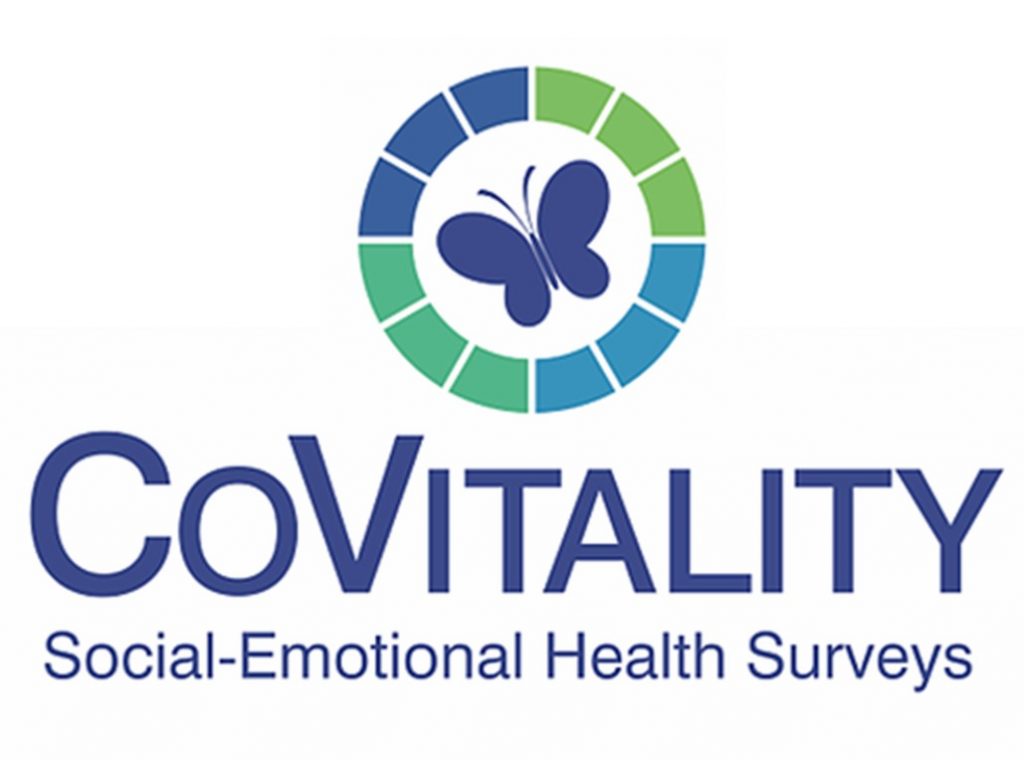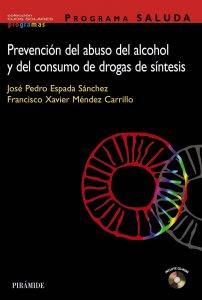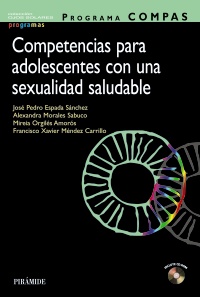
Super Skills for Life
Evaluation of the Super Skills for Life programme for the treatment of children’s emotional problems
Super Skills for Life is a transdiagnostic intervention programme for children with anxiety problems which consider other problems such as depression, social difficulties or low self-esteem. It is the first programme based on cognitive-behavioral therapy which integrates behavioural activation, social skills training and uses video feedback with cognitive preparation as part of treatment. Although it is an Anglo-Saxon programme, given its innovative character and clinical interest, the programme is being translated and validated in Germany, Cyprus, Portugal, Turkey, South Africa, Greece, Somalia, Australia, India, Malaysia and Poland, among other countries. In Spain, the translation and cultural adaptation of the programme has been carried out by Dr. Mireia Orgilés and Dr. José Pedro Espada with funding from MINECO’s State Programme for the Promotion of Scientific and Technical Research of Excellence.
Throughout the 8 sessions that the programme lasts, participants improve their abilities to face situations that happen to them in daily life, increase their competence to relate to others, and learn to think positively, to relax and to manage their emotions. The treatment is carried out in groups of 5 or 6 children through readings, games, role-playings and other activities that facilitate learning. Super Skills is a programme which has proven its effectiveness with 180 Spanish children from 6 to 12 years old with anxiety and depression symptoms. Its effectiveness is currently being tested on children with specific disorders and on children with behavioural problems. In addition, two studies are being carried out to find out if it is effective when applied individually and to adapt it by enabling its implementation through a digital multimedia online format. You can find more information in this
link.

CoVitality-Spain Project
CoVitality-Spain Project
Mental health must be understood as a two-dimensional phenomenon that includes psychological discomfort and well-being to define the state of complete mental health. The transition to primary education, secondary education, and adulthood entails increased academic demands, more complex interpersonal relationships, and greater pressure for related responsibilities, and mental health problems may arise. However, current research focuses primarily on risk factors that threaten overall mental health. On the contrary, the recent “CoVitality Model” considers that there are children, adolescents and young people who progress and enjoy good mental health despite being exposed to high levels of risk. This may be determined by so-called social-emotional competencies, which involve a series of synergistic psychological strengths that determine mental health and/or psychosocial adjustment in childhood, adolescence and emerging adulthood, enabling healthy development and counteracting the negative effects of exposure to risk variables. Some of the main competencies considered by this model are: Self-efficacy, Self-awareness and Persistence (Believing in one); School Support, Family Coherence and Peer Support (Believing in others); Emotional Regulation, Empathy and Behavioural Self-control (Emotional Competence); Gratitude, Zest and Optimism (Life Commitment). The aim of this project is to deepen the understanding of the role of social-emotional competencies in complete mental health and psychosocial adjustment in childhood, adolescence and emerging adulthood.

Saluda Programme: Prevention of drug use
Saluda Programme: Prevention of drug use

COMPAS
COMPAS
Competences for Adolescents with Healthy Sexuality(also known as COMPAS) is a sexual health promotion programme for adolescents between the ages of 14 and 18. Through the transmission of information and training in skills and competencies, it aims to promote healthy affective-sexual relationships and prevent behaviours that entail a risk of contracting sexually transmitted infections (STIs) and unplanned pregnancies among young people. COMPAS encompasses the promotion of healthy affective-sexual relationships (through the identification of healthy and unhealthy interpersonal relationships, information on STIs and protective methods), problem-solving skills (decision-making in the area of interpersonal relationships, use of protective methods in the case of sexual relations and evaluation of the consequences of potentially risky situations), communication skills (negotiation with the sexual partner and sexual assertiveness), and training in the correct use of protective methods. The first version of the programme was developed in 2006 within the framework of a project funded by the Foundation for AIDS Information and Prevention (FIPSE) in Spain. Since then, the effectiveness of COMPAS has been evaluated in adolescents from northern, central, eastern and southeastern Spain in various multicentre funded studies. COMPAS has been shown to be effective in promoting healthy sexuality immediately after its application, 12 and 24 months after its application with respect to a control group. Its effectiveness has been analysed according to the degree of fidelity of implementation. COMPAS is currently the only protocolised programme that has proved to be effective in promoting healthy sexuality in Spanish teenagers in the long term. At the international level, COMPAS has been culturally adapted and evaluated in central and coastal areas of Colombia. Publications on the programme can be consulted here.

DetectaWeb Project: Online mental health assessment system for children and adolescents
DetectaWeb Project: Online mental health assessment system for children and adolescents
The DetectaWeb project is a complete mental health assessment system for children and adolescents through a website. Its objective is to develop a web-based platform for the detection of mental health, including both psychological problems (anxiety, depression and suicidal tendencies) and personal strengths (emotional, psychological/cognitive and social aspects); to examine the prevalence of mental health among children and adolescents; and to analyse the determinants (risk and protective factors) of such mental health. So far, it has been carried out in the school and clinical field through two research projects funded by the Vice-rectorate for Research and Technological Development of the UMH and Bancaja (2011-2012) and by the Ministry of Health of the Valencia Region (2014). The complete protocol of the study can be consulted at this link (http://bmjopen.bmj.com/content/7/10/e017218). For more information see: http://www.detecta-web.com/blog/
